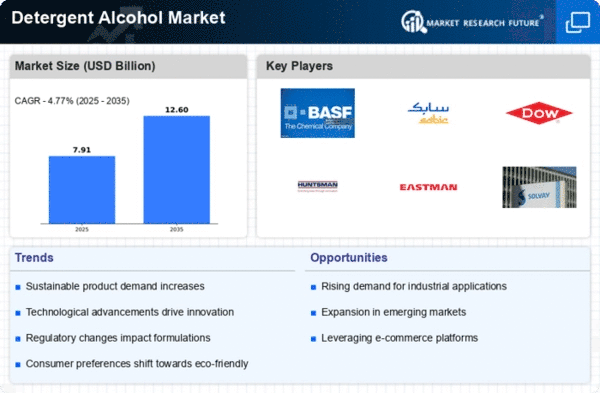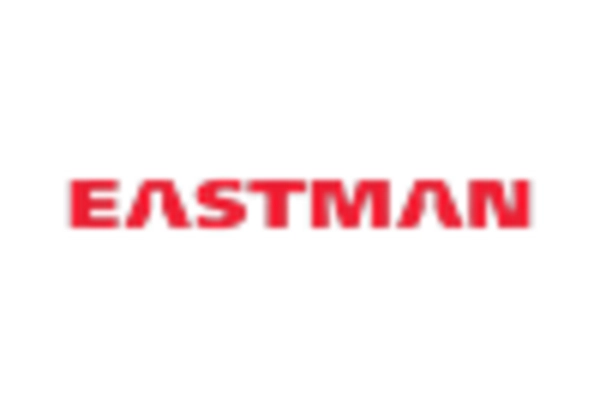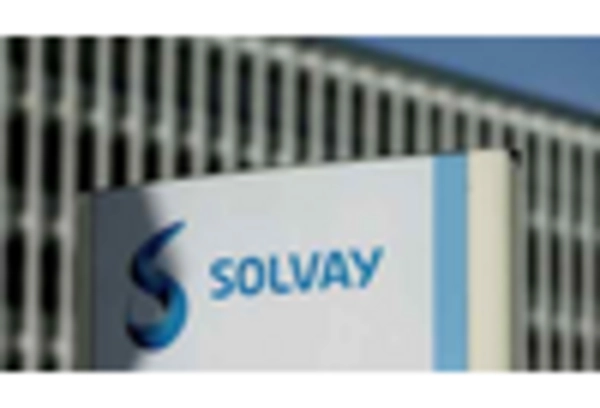Market Trends
Key Emerging Trends in the Detergent Alcohol Market
Detergent Alcohol Market has tremendous trends resulting from rising demand for hygiene products, increased focus on sustainable ingredients as well as growth in personal care sectors among other factors. Detergent alcohols (also known as fatty alcohols) are essential raw materials used in making detergents shampoos soaps among others cleansers. A key development is the ever-increasing need for detergent alcohols to be used in surfactant formulation for residential and industrial detergents usage . This is because there has been an upsurge in demand for laundering agents caused by consumers who highly value cleanliness and healthiness since they believe that they are necessary condition.
Market trends in the Detergent Alcohol Market are driven by an increasing focus on sustainable and eco-friendly ingredients. Manufactures have targeted developing detergent alcohols from renewable feedstock including palm oil and other plant based feedstocks thus going hand in hand with the industry’s commitment towards environmental sustainability. The use of sustainable detergent alcohols is being propelled by this trend towards green formulations within cleaning agents as well as personal care products.
Hair care products are one of those which commonly contain a large amount of detergent alcohols in their products that are necessary for a good performance. In formulating shampoos, conditioners, and lotions fatty alcohol is used as emollients, thickeners and stabilizers. Thus the demand for detergent alcohols has been increasing within personal care sector driven by the rising concerns of the end users with regard to skincare as well as personal grooming.
Market trends in Detergent Alcohol Market are influenced by technological progressions and search for high-performance ingredients. These companies aim at improving the efficiency of their detergent alcohol production process through research and development which accordingly leads to better quality final products that meet changing requirements in cleaning and personal care sectors.
Further notable trends can be observed from collaborations and partnerships between players in the industry. Companies manufacturing detergents alcohols have joined hands together to consolidate market positions, share technology know-how as well as exploit new opportunities. These alliances foster innovation, support growth of Detergent Alcohol Market overall through addressing particular needs of different end-use industries.
Also, international economic factors affect market trends. The demand for detergent alcohols is driven by economic conditions such as consumer spending, industrial growth, expansion of retails among others. Economic fluctuations may prompt manufacturers to adapt to emerging markets dynamics within this sector when there is a trend change.


















Leave a Comment